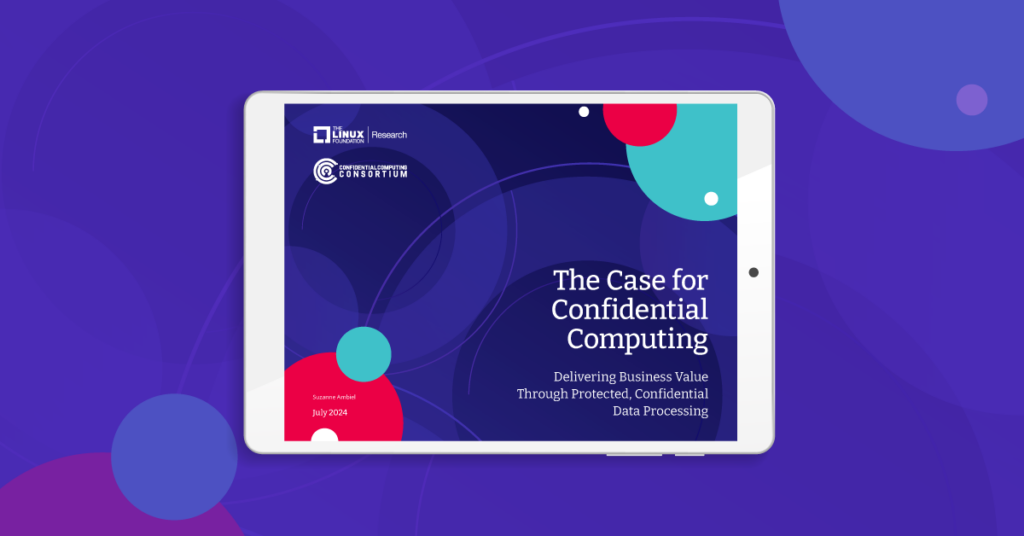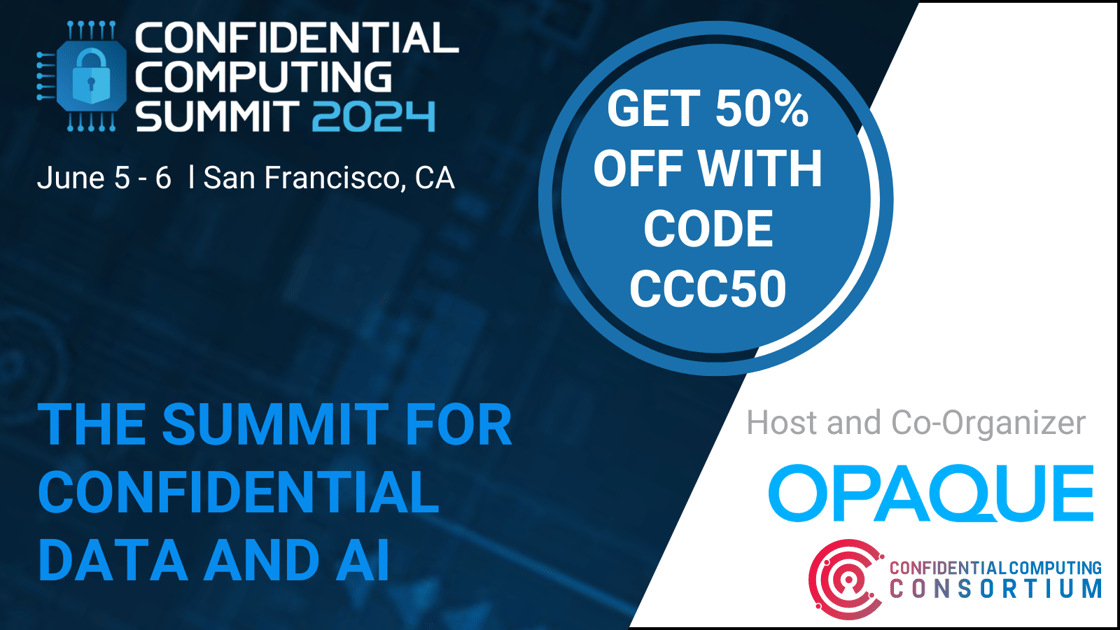We are thrilled to announce that Invary has joined the Confidential Computing Consortium (CCC) as a start-up member! Invary’s mission to protect people, organizations, and governments from hidden cyber threats aligns perfectly with our commitment to advancing secure computing technologies.
Invary brings a wealth of expertise in cyberthreat detection and mitigation, enhancing the Consortium’s efforts to foster secure, privacy-preserving computing environments. Their innovative solutions and dedication to cybersecurity will be invaluable as we work together to promote and develop open standards for confidential computing.
Invary’s remote attestation service enhances the security of Trusted Execution Environments (TEEs), ensuring data remains encrypted and inaccessible to unauthorized users during processing.
We look forward to collaborating with Invary to drive forward the adoption of confidential computing, ensuring robust protection against cyberthreats for all users. Welcome, Invary, to the Confidential Computing Consortium!
Jason Rogers, CEO of Invary, on joining the CCC said, “We are excited to join the Confidential Computing Consortium and look forward to collaborating with experts focused on data privacy and cybersecurity. We are grateful for the opportunity provided by the CCC’s Startup Program and eager to share our expertise in Runtime Integrity and Attestation.”
In addition to welcoming Invary, we are thrilled to introduce a new membership tier tailored specifically for start-ups. This initiative empowers emerging companies by offering them a unique opportunity to join the CCC community free of charge for the first 12 months. We are excited about the potential of this new offer and look forward to seeing the innovative contributions from start-ups.
Why This Matters
Confidential Computing is revolutionizing data protection and processing. The use of hardware-based techniques to isolate sensitive data ensures security even during processing. As the field evolves, collaboration and innovation become increasingly crucial to keep up with advancements. The CCC plays a pivotal role by uniting industry leaders, researchers, and innovators to drive the future of secure computing. This is a call for start-ups to join this collaborative effort and contribute to the future of secure computing.
Invary brings expertise in cyber threat detection and mitigation, enhancing the Consortium’s efforts to foster secure, privacy-preserving computing environments. Their innovative solutions and dedication to cybersecurity will be invaluable as we work together to promote and develop open standards for confidential computing.
Join Us
We look forward to collaborating with Invary to accelerate the adoption of confidential computing and ensure robust protection against cyber threats for all users. Welcome, Invary, to the Confidential Computing Consortium!
For start-ups interested in joining, our new membership tier provides an excellent opportunity to be part of a leading community in secure computing. Take advantage of this chance to contribute, collaborate, and innovate in Confidential Computing.
Welcome to the future of secure computing. Welcome to the CCC!
Confidential Computing Consortium Resources
- Learn about membership opportunities
- Join us at upcoming events
- Read the latest announcements on the blog
- Subscribe to the newsletter
- Follow us on Twitter or LinkedIn





-1.png?width=1140&upscale=true&name=CCSummiit%20CCC%20Kit%20Twitter%20(1)-1.png)

-1.png?width=1120&upscale=true&name=CCC%20member%20HH%20(1280%20x%20720%20px)-1.png)